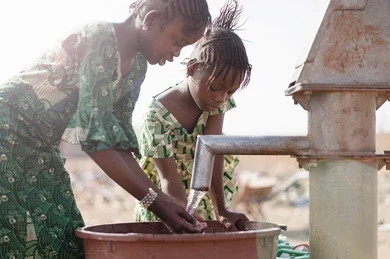
Ethiopia struggles with water scarcity, worsened by frequent droughts and inadequate sanitation, leaving rural communities at risk. Without sustainable water management strategies, health and livelihoods are in danger. Coordinated action is essential to ensure sustainable and clean water access and improved sanitation.
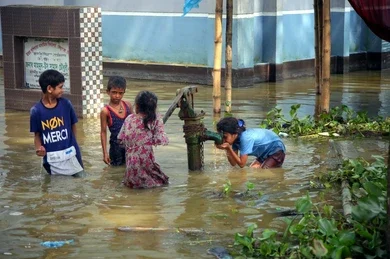
Bangladesh faces recurring floods that contaminate water sources and damage sanitation systems. Rising temperatures and erratic monsoons driven by climate change intensify the challenge, threatening public health. There is an urgent need for cross-sectoral response to strengthen water infrastructure, invest in flood-resilient systems, and deploy solutions to monitor and respond to water contamination.
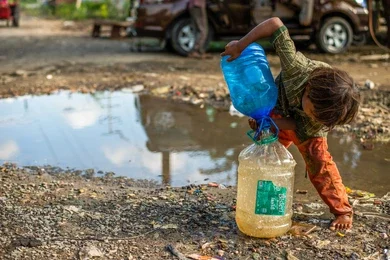
India’s sanitation crisis affects millions, leading to severe health risks and environmental degradation. The lack of basic facilities perpetuates inequality and environmental pollution. Expanding access to clean sanitation through scalable solutions is key to protecting the public health and the ecosystem.
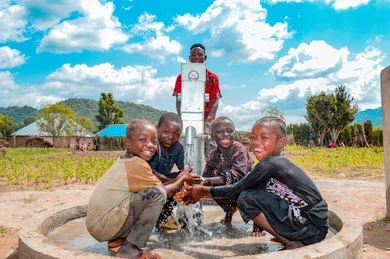
Nigeria faces a critical water crisis driven by poor infrastructure and contamination, leading to widespread diseases like cholera and dysentery. This threatens public health, especially in vulnerable communities. Urgent collaborative solutions are needed to improve water quality and safeguard lives.
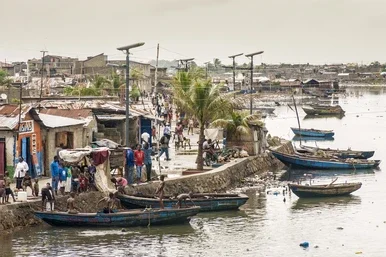
Haiti continues to battle cholera outbreaks and broken sanitation systems, a legacy of the 2010 earthquake. Despite international efforts, the lack of clean water and proper waste management continues to hinder public health. Communities suffer preventable illness due to unsafe water and poor waste management. Rebuilding infrastructure and restoring health security remain urgent priorities.
